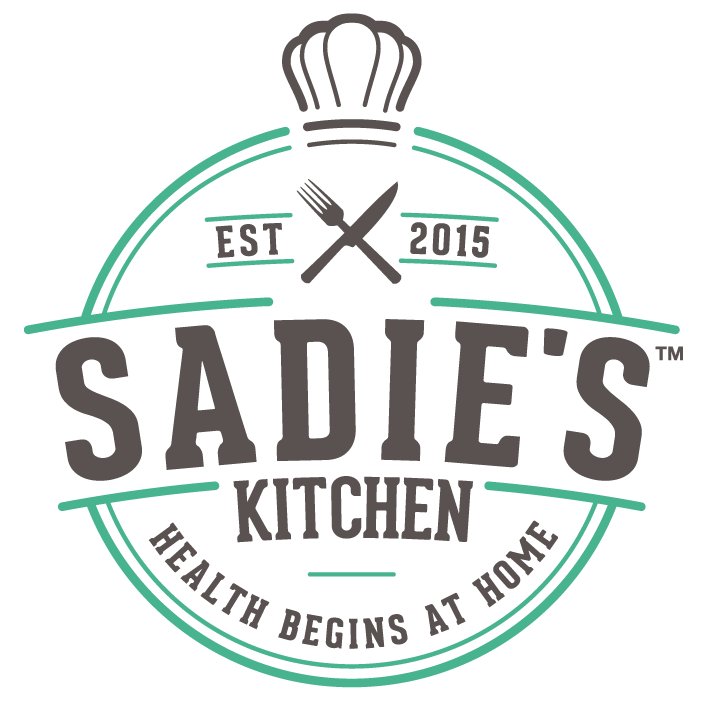For World Digestive Health Day on May 29th, there’s no better time to talk about the importance of a healthy digestive system – and how placing an emphasis on eating well (with plenty of bone broth!) and having a fitness routine that works for you can do wonders. Today, we’re going back to basics and reminding you why bone broth is so good for a healthy gut – and other things you may not know.
Enjoy x

Why is a healthy gut so important?
Keeping a healthy gut ensures the effective absorption of food, water and minerals and helps to keep us in regular bowel movements, all of which are essential to overall health and wellbeing.
The World Gastroenterology Organisation recommends following a balanced diet – with plenty of fibre, moderate but regular exercise and avoidance of chronic stress, as key players in the game of gut health.
Did you know?
According to statistics, one-third of the world’s population has some form of digestive symptoms, the most common being bloating and constipation.
So, where does bone broth come in?
Bone broth is hydrophilic, meaning it attracts and holds liquids, such as our digestive juices, which in turn help you digest your food more efficiently.
The gelatin and other nutrients in bone broth help to heal the gut and may assist in resolving digestive issues, such as; constipation, diarrhoea and gas. A cup of bone broth a day can also work miracles for leaky gut syndrome.

What else can I be doing to ensure my gut stays healthy?
Here are some more tips, recommended by experts:
- Drink more fluids. At least two litres of fluids should be consumed per day. Water is great but tea, coffee, milk are all good – as is bone broth!
- Avoid processed food. Anything processed may not have much nutritious food or fibre and often contain large amounts of saturated fats, salt and preservatives that can be harmful to the body.
- Take your time. Try not to eat in a rush, the process of digestion starts in your mouth. Take time and eat slowly, chewing each mouthful well.
- Exercise. Try to exercise at what is a natural pace for you for at least 20 minutes two to three times per week if you’re just starting out, according to our fitness pro.
- Know your allergies. Certain diet/dietary component can lead to food allergy. The most common food item to which people are allergic is seafood, wheat, peanuts, milk and egg.
- Beware of imbalance. Your body contains trillions of microbes – bacteria, archaea, protists, fungi and viruses – most of which are beneficial. The densest microbe population is in your gut, where they play a critical role in digestion, immune function and weight regulation. Antibiotics, for example, can kill ‘good’ bacteria as well as ‘bad’. If you need antibiotics, make sure you eat lots of foods that boost your microbes afterwards – again, we heartily recommend bone broth to start!
